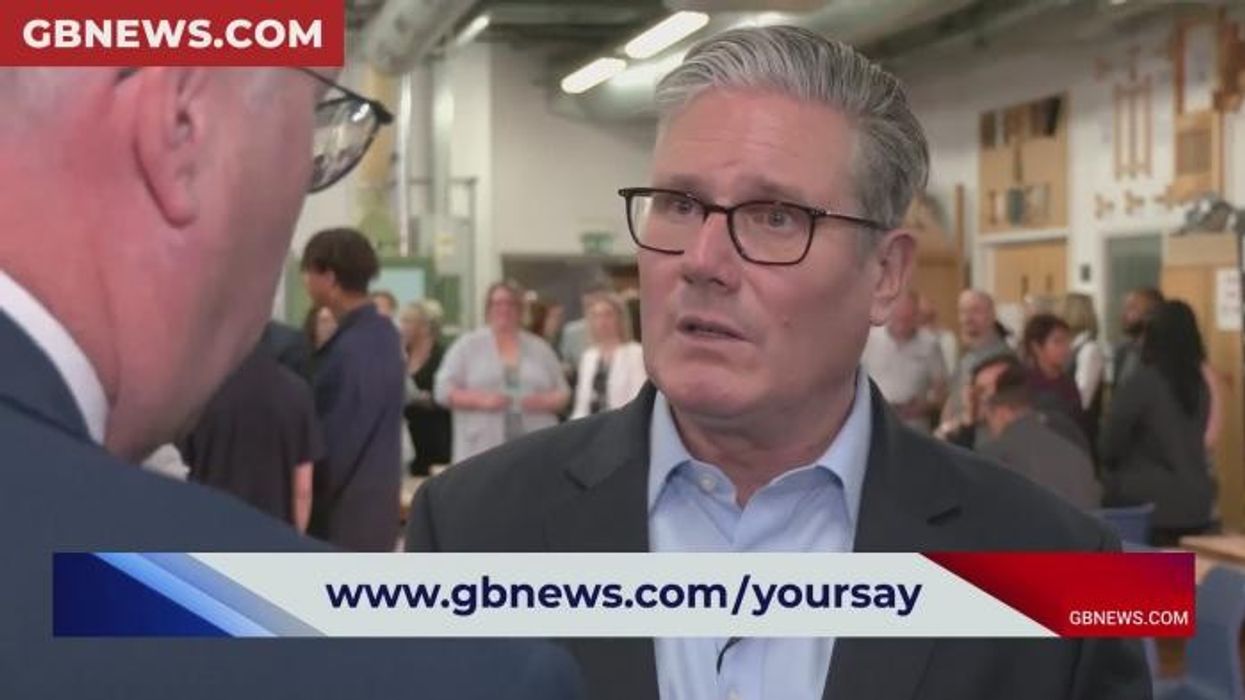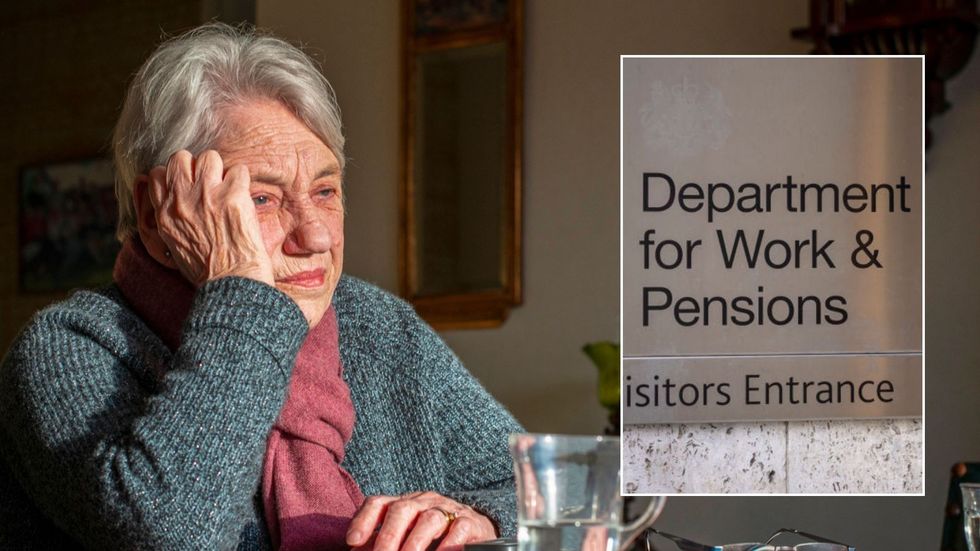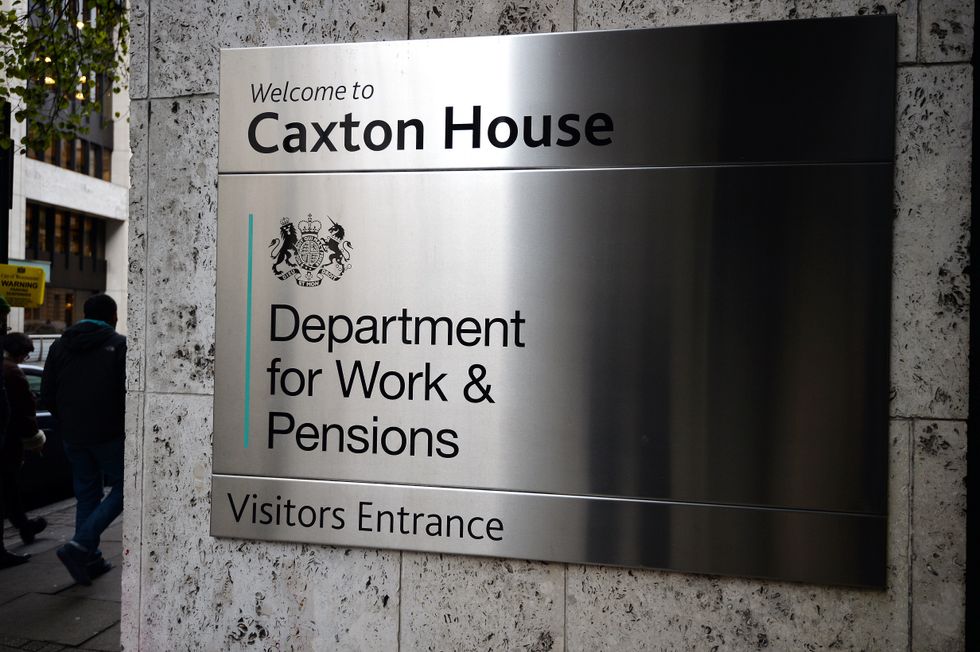State pension triple lock 'unsustainable' as DWP urged to reform 'system prioritising pensioners'

Keir Starmer quizzed by Christopher Hope on whether pensioners will receive an apology for his winter fuel allowance cuts. |
GB NEWS

State pension payment rates are guaranteed to rise every year thanks to the triple lock mechanism
Don't Miss
Most Read
The Department for Work and Pensions (DWP) is being urged to reform the state pension triple lock due to the "unsustainable" expense on future taxpayers.
Analysis from the Intergenerational Foundation is calling out the Britain's welfare system for "prioritising pensioners at the expense of young people".
Under the triple lock mechanism, state pension payment rates are guaranteed to rise annually by either the rate of inflation, average wages or 2.5 per cent; whichever is highest.
Last April, the DWP projected total state pension expenditure for 2024–25 would soar to £137 billion, a figure that will only continue to rise.

Critics are slamming the "unsustainable" state pension triple lock
|GETTY
The Office for Budget Responsibility (OBR) forecasts that Government spending on retirement benefits will jump from around 4.9 per cent of gross domestic product (GDP) in 2023–24 to 7.9 per cent by 2073–74.
Since its introduction in 2010 under the Conservative-Liberal Democrat coalition Government, pensioners in the UK have been awarded with significant payments hikes.
Between 2011–12 and 2024–25, the basic State Pension, which is reversed for those who reached retirement age before April 2016, increased from £102.15 to £169.50 per week; representing a 66 per cent increase.
In comparison, the new state pension rose from £155.65 to £221.20 per week, which is a 42 per cent rise. Critics note these increases far exceed average wage growth and inflation rates over the same period of time.
Do you have a money story you’d like to share? Get in touch by emailing money@gbnews.uk.
 Pensioners are concerned about the Government's handling of their pensions | GETTY/GB NEWS
Pensioners are concerned about the Government's handling of their pensions | GETTY/GB NEWSIn its "A growing divide: Two generations of intergenerational unfairness" report, the Intergenerational Foundation compared Government spending on pensioners to younger Britons.
Economists from the think tank stated: "The impact of the triple lock is evident in the substantial rise in the state pension rates The triple lock is neither fiscally sustainable nor intergenerationally fair.
"Without reform, the triple lock will place an unsustainable strain on public finances, while reinforcing a system that prioritises pensioners at the expense of younger generations.
"A more balanced, fair, and sustainable approach to pension uprating is urgently needed to ensure that future taxpayers are not left shouldering an increasingly disproportionate financial burden."
The organisation cited dat that highlights the percentage of of pensioners living in relative low-income households fell significantly from 28 per cent in 1995 to just over 16 per cent in 2023.
According to the Foundation, this decline is primarily due to an increase pensioner incomes, the introduction of the triple lock, and increased government support for older people.
LATEST DEVELOPMENTS:

The DWP is responsible for the administration of the state pension
| GETTYIn response to this data, the think tank is calling for urgent reform to the welfare state to ensure intergenerational fairness is reestablished.
The Foundation stated: "Replace the triple lock with a fairer uprating mechanism and gradually apply income and asset tests to better target support - ensuring fiscal sustainability and fairness across generations.
"Abolish a policy that deepens child poverty and disproportionately harms young families already facing high living costs.
"Equalise Universal Credit rates for under-25s, extend full Local Housing Allowance to younger renters, and reverse plans to raise the eligibility age for disability benefits. Welfare benefits should be based on need, not age."
More From GB News










